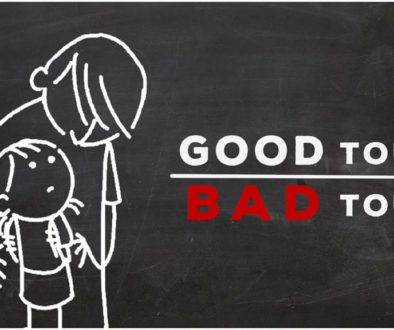Why do we forget?
There are times when we feel irritated and frustrated of not being able to recall the things from memory. Forgetting is a very common problem and we are experiencing it time-to-time. Hermann Ebbinghaus (1885) was the first person to conduct scientific research on forgetting. Let us try to understand the reasons of forgetting. Some of the major reasons are
Retrieval failure
Retrieval failure is inability to retrieve information from long term memory and that is one of the most common causes of forgetting. Here information is stored in long term memory, but cannot be accessed. It cannot be accessed because the retrieval cues (these are aids which helps in recovering information stored in memory) are not present.
One another reason of retrieval failure is known as decay theory. According to this theory, a memory trace is created every time a new theory is formed. But these memory traces begin to fade and disappear if it is not used or rehearsed for a long time. But this theory did not have adequate evidence hence it leads to some other theory like interference
Interference
There are two basic types of interference:
This theory assumes that storing of information involves associations between items in the memory. People keep acquiring more such associations over time and each of these stored independently without any mutual conflict. But at the time of information retrieval various sets of associations compete with each other for retrieval or we can say information to be retrieved interfere with each other.
- Proactive interference is when previously learned information makes it more difficult to remember new information.
- Retroactive interference occurs when new information interferes with remembering previously learned information.
Failure to store: One of the main reasons of forgetting is encoding failure. Some of the information fails to enter our long term memory as a result Forgetting due to encoding failure is not a case of “not remembering” or simply “forgetting”; Actual reason is “not storing” information to long-term memory
Motivated forgetting: People may forget their traumatic and painful experiences either consciously or unconsciously The two basic forms of motivated forgetting are:suppression, a conscious form of forgetting, and repression, an unconscious form of forgetting.
Repression is a method where people subconsciously push unpleasant or traumatic thoughts and feelings into their unconscious mind. Thought Suppression is goal-directed and it includes conscious strategies to forget, such as changing the thoughts or context intentionally.


